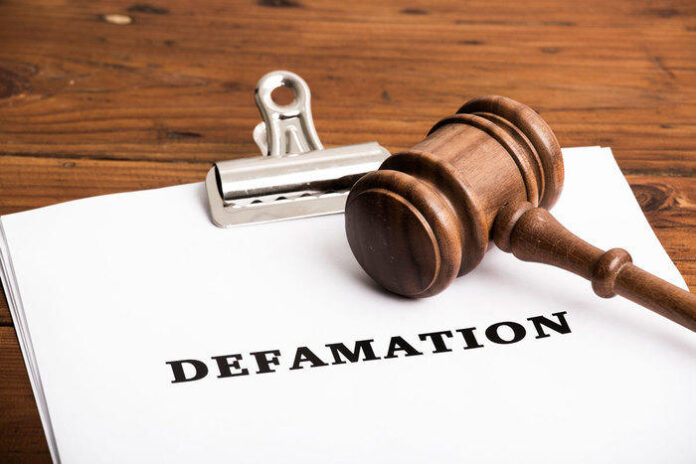The article is based on the decision of a Venture Capital firm to cut ties with a Law firm for investors by making a notice to its portfolio companies saying it has stopped working and posting an investigation at one of its investee firms. All limited partner subscription documents have been received and the shareholders in a company portfolio have received information about the misconduct and require an investigation.
Law firm for investors is founded by former Venture Capital firm General Counsel who has worked at some Venture Capital Firm for nearly nine years. He said he is not aware of any action or investigation taken by the Firm over a Law firm for investors and he didn’t receive any email sent by Venture Capital fund on Law firm for investors to their portfolio companies. After the inquiry, it was clear that the General Counsel of the firm and a founder of the Law firm’s investor name is not mentioned in the email sent by the firm to a selected group of portfolio companies.
The founder of the Law firm and their investors have filed a defamation case before a Bengaluru court against the Venture Capital company as well as several media sources. The parties of the media included in this suit are the Owner of the Hindustan Times, Times of India and News18.
What is defamation?
Defamation is the act of communicating false statements about a person whose reputation gets injured in the eyes of an ordinary man. Any false and wrong statement published or spoken knowing with the intention to damage someone’s reputation is defamation. Article 19(2) has imposed a reasonable exemption to freedom of speech and expression. Defamation is a civil and criminal offence. In civil law, defamation is punishable under the Law of torts by imposing punishment in the form of damages to be awarded to the affected person. Under Criminal law defamation is bailable, hence the policeman arrest a person with the warrant issued by the magistrate.
What are the consequences of defamation?
Defamation can plead for the defence such as if a statement published is true, a fair comment made with public interest based on true incidents, judicial proceedings and members of parliament are vested with a privilege to make a defamatory statement.
Section 500 of the Indian penal code state the punishment for defamation is imprisonment of 2 years or fine or both. And section 499 of the Indian penal code gives some exceptions to defamation such as :
- Attribution to any truth made for the public good.
- Any opinion made in good faith regarding the conduct of a public servant in the discharges of his public duty.
- Publication of true reports in the proceedings of the court.
- The accusation of offence to any person having lawful authority over a person such as master or servant and children or parents etc.
- The statement made about the character of any show is not defamation.
- Caution conveys to one person against another intended for the good of that person.
Laws prohibit people from posting such content which can harm someone’s reputation. Most people are not aware of the same or are too negligent to realise whether such content is defamatory or not. So at times when free speech runs contradictory to the reputation of the other then the state has to set boundaries.






